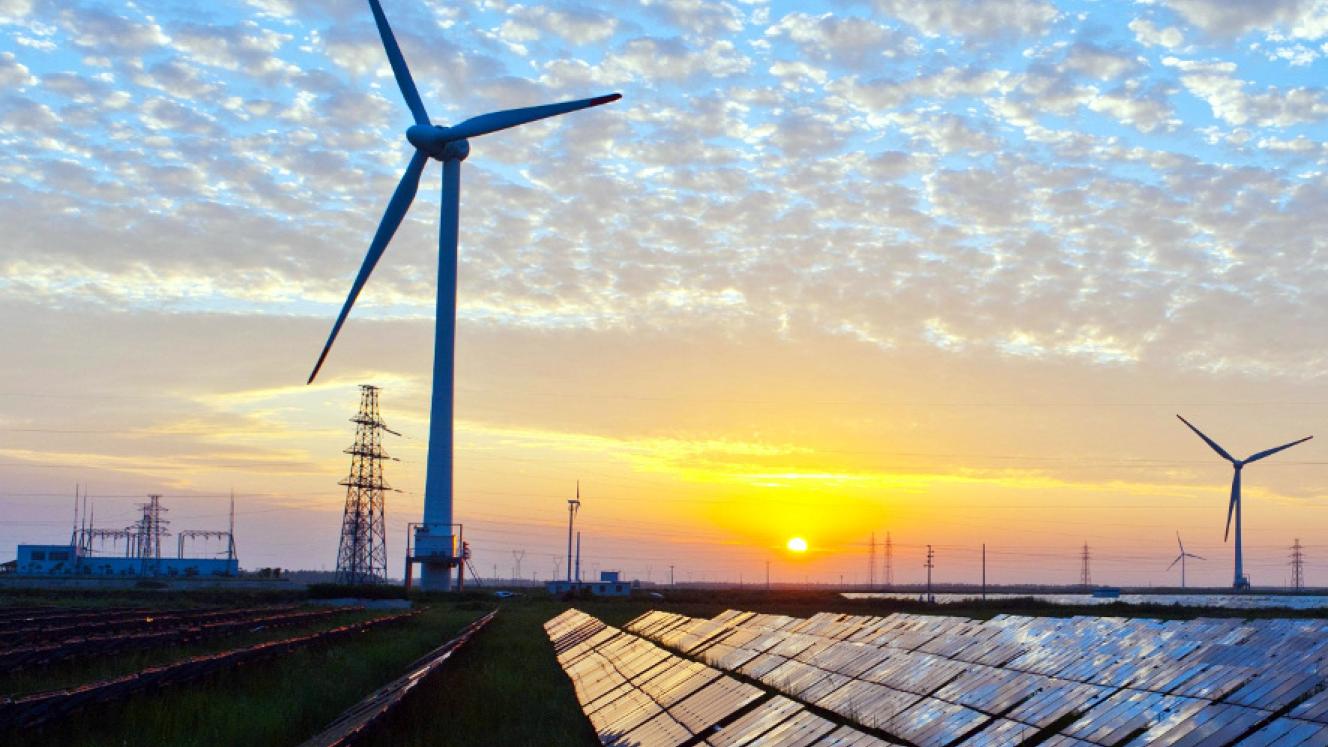South Africa is making significant strides towards a greener future, securing over R18 billion in fresh loans to enhance its Just Energy Transition initiative. This ambitious plan, supported by key partnerships with the African Development Bank (AfDB) and the German KfW Development Bank, aims to reduce the country’s reliance on coal while bolstering energy security and fostering socio-economic stability.
The Just Energy Transition is not just a buzzword; it’s a comprehensive national strategy designed to pivot South Africa toward a renewable energy future. By implementing policies, reforming the energy grid, and attracting targeted investments, the country is well on its way to a low-carbon power system, positioning itself as a leader in the global fight against climate change.
On July 24, the AfDB formalized a loan agreement with South Africa amounting to US4.6 million (approximately R8 billion). The funds will bolster infrastructure governance and promote the country’s Green Growth programme. Simultaneously, KfW has greenlit a €500 million (around R10.3 billion) public policy loan aimed at facilitating this critical transition. Both funding sources align with South Africa’s third Development Policy Operation (DPO), which was collaboratively developed with the World Bank, the Japan International Cooperation Agency, and the OPEC Fund for International Development.
The DPO serves as a crucial mechanism for supporting policy and institutional reforms that lead to inclusive and sustainable growth. The current focus on structural growth constraints highlights energy security and decarbonisation as top priorities. Key objectives of the DPO include enhancing the operational independence of the National Transmission Company, attracting private investment into transmission infrastructure, and enabling households and businesses to contribute surplus electricity back to the grid. Notably, the World Bank anticipates this initiative will add an impressive 3,500 MW of renewable energy to South Africa’s grid by 2027.
The funding from KfW is expected not only to promote grid expansion but also to invite greater engagement from German companies in manufacturing and grid services in South Africa. This collaboration is already yielding benefits, with German firms investing heavily in solar energy projects within the country. As Reem Alabali-Radovan, Germany’s Economic Cooperation and Development Minister, noted, “Our energy partnership with South Africa will pay off many times over,” indicating strong prospects for future collaboration and investment.
Natalie Naudé, a Communications Strategist at the AfDB, emphasized that this latest funding reflects the continued commitment to South Africa’s energy reform, targeting improvements in infrastructure efficiency and sustainability while remaining responsive to immediate energy needs.
As South Africa progresses along its renewable energy journey, it sets a compelling example for other nations in Africa and beyond, showcasing how strategic partnerships and investment can pave the way for a sustainable future.



